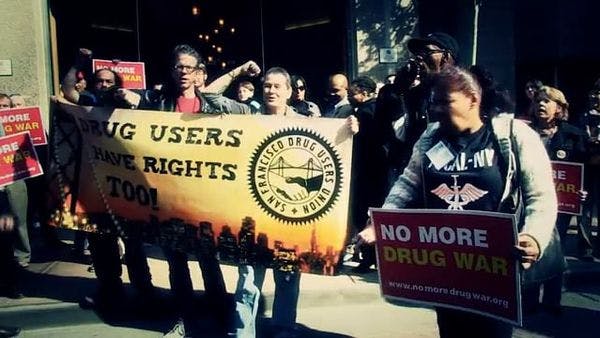Sawbuck Productions
Reframing the blame for the war on drugs
By Louise Vincent
It was almost dawn. My phone was ringing over and over, but it was the loud banging at the door that woke me up. It was my mother. She had come to tell me that my 19-year-old daughter was dead from a drug overdose.
It was hard to process those words in that moment. My initial despair and grief shifted to rage. I wanted the person who gave my daughter the drugs to pay. It didn’t matter if it was her boyfriend or friends—I wanted to hurt and punish that person.
I had these feelings despite knowing that that person who gave my daughter the heroin that was most likely contaminated with fentanyl—the synthetic opioid that is up to 100 times stronger than morphine—was not responsible for my daughter’s death.
As a person who uses drugs, I know that no one person is to blame. What is responsible for the hundreds of thousands of deaths from drug overdose is a broken drug policy, a system that prioritizes punishment over treatment, and a culture of prohibition that leads us to use drugs alone and in shame.
Indeed, while the nation continues to double down on tough approaches to deal with the overdose crisis, fentanyl will continue to poison the U.S. drug supply, and people will continue to die. More than 70,000 people died of drug overdose in 2017 in the United States—a record. And as law enforcement becomes more intense, the potency of prohibited substances increases.
These punitive approaches and the harm they cause are no more apparent than in drug-induced homicide laws, which make it a crime to give drugs that result in a death. While originally designed to target cartel dealers, they are overwhelmingly used to prosecute friends and loved ones of an individual who has lost their life due to an overdose.
Topics
Regions
Related Profiles
- Open Society Foundations (OSF)
